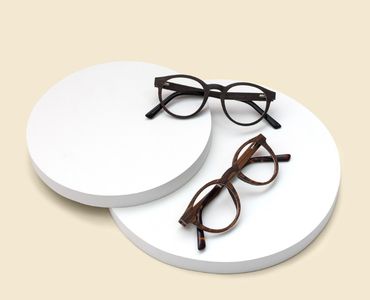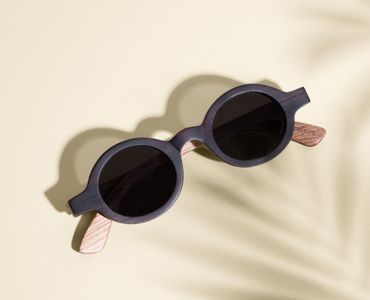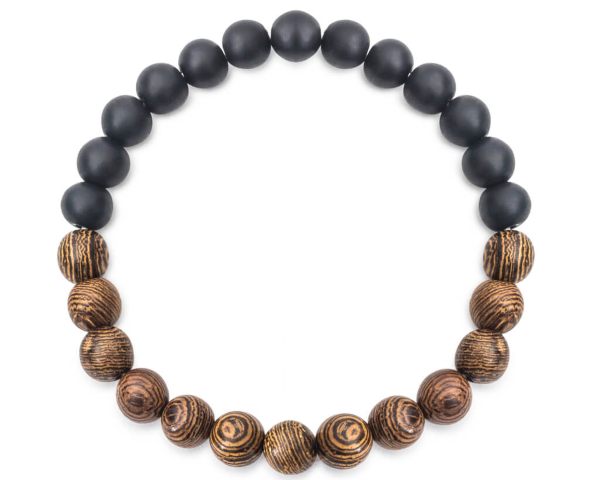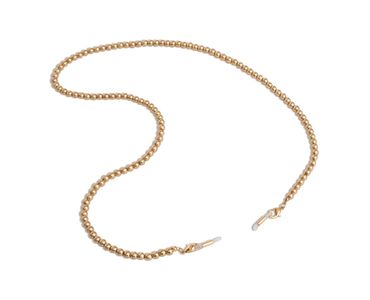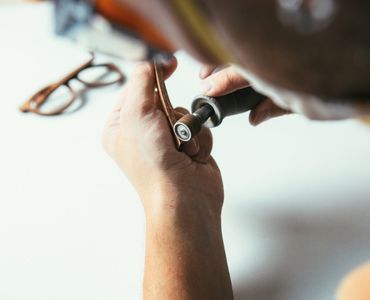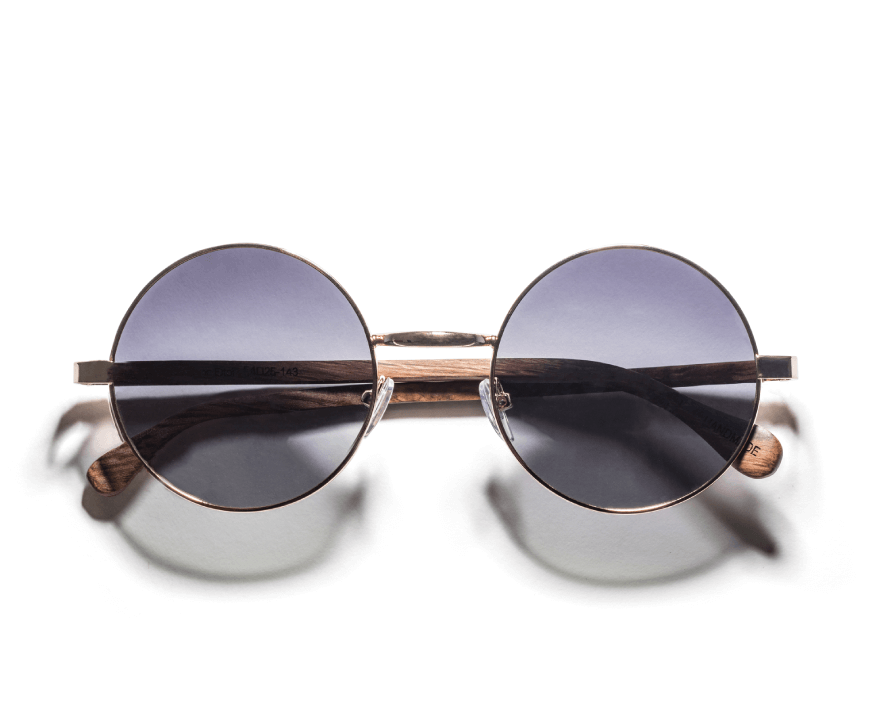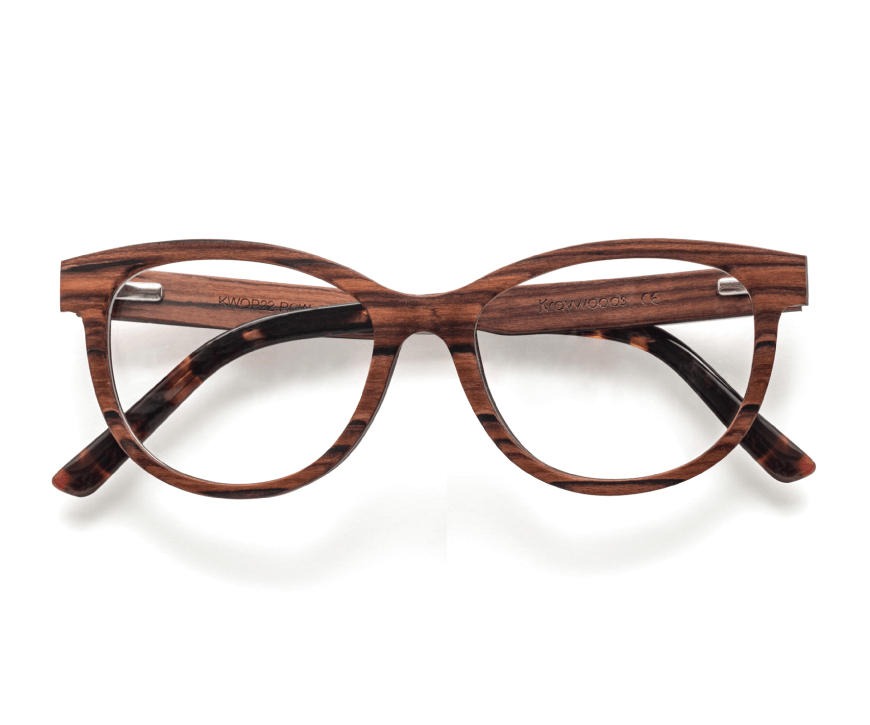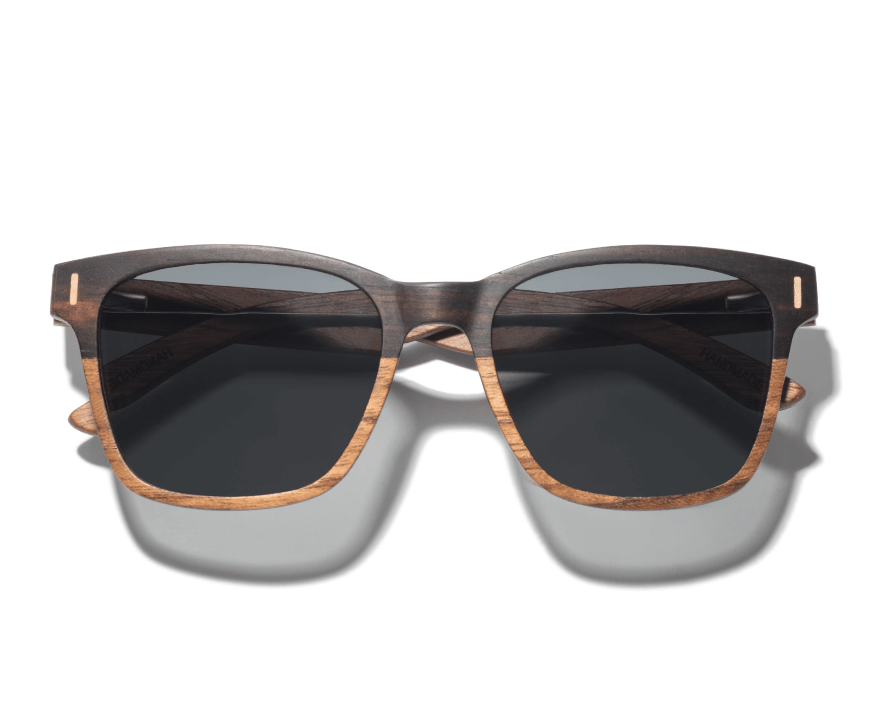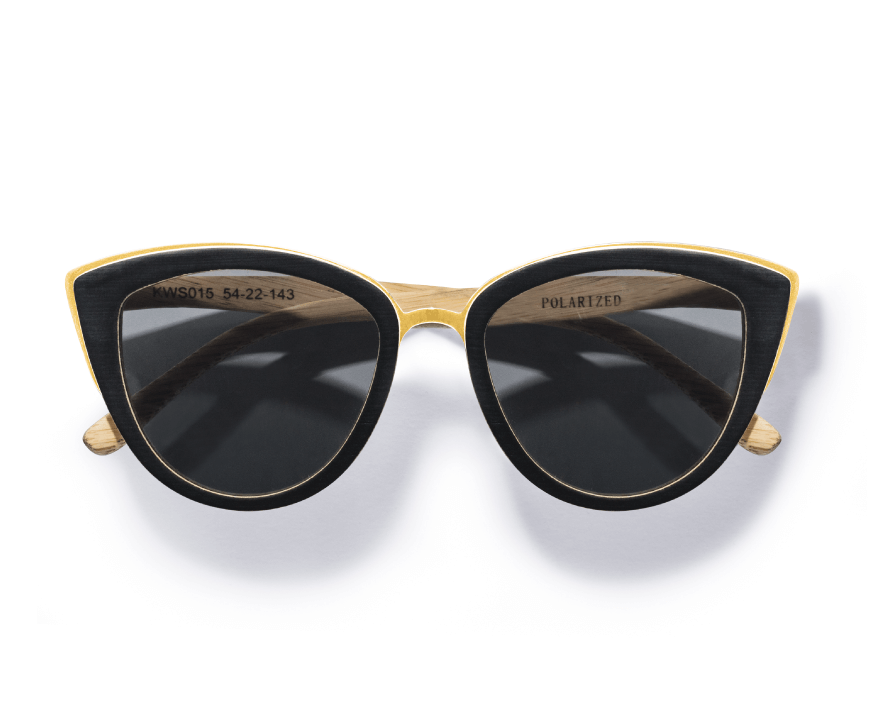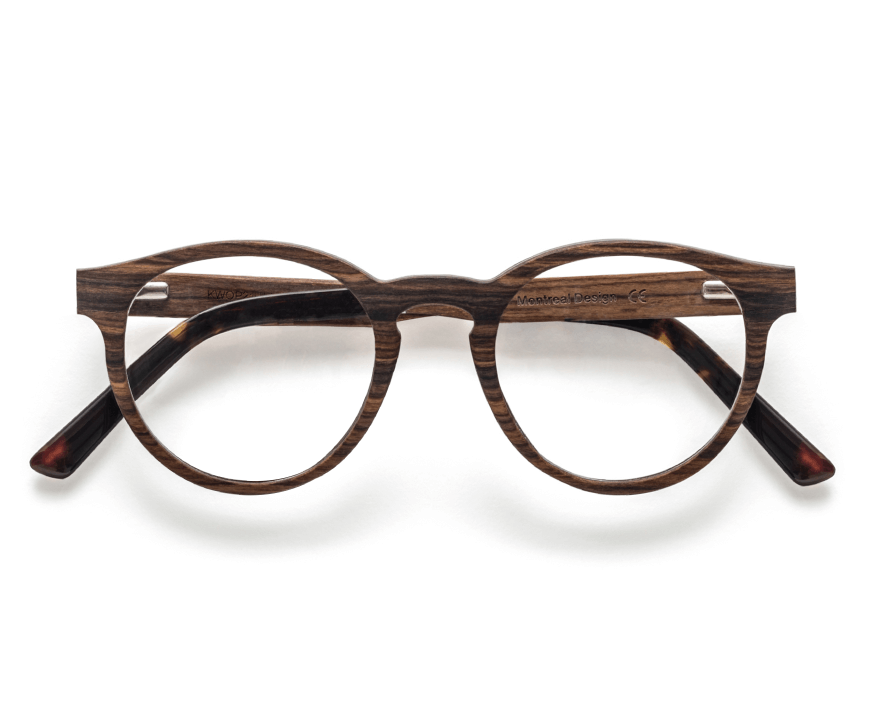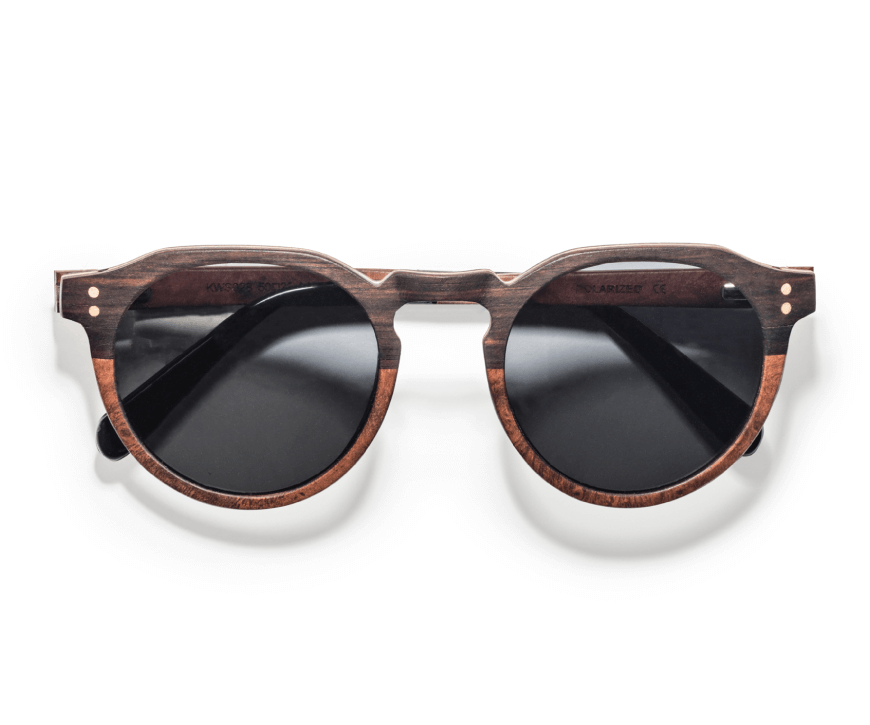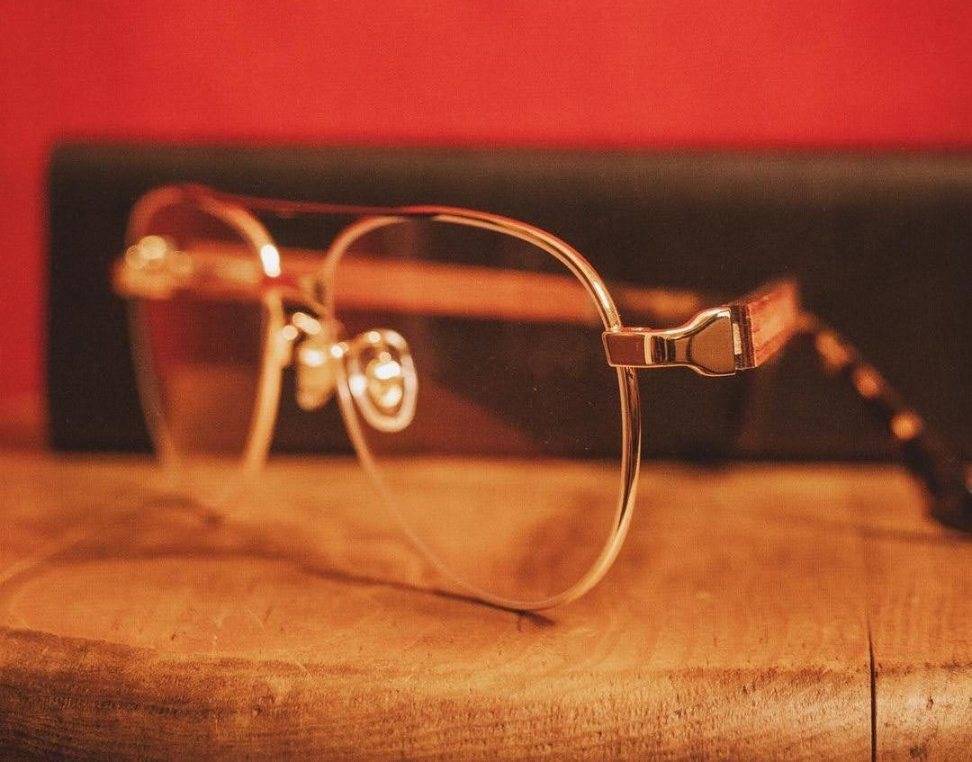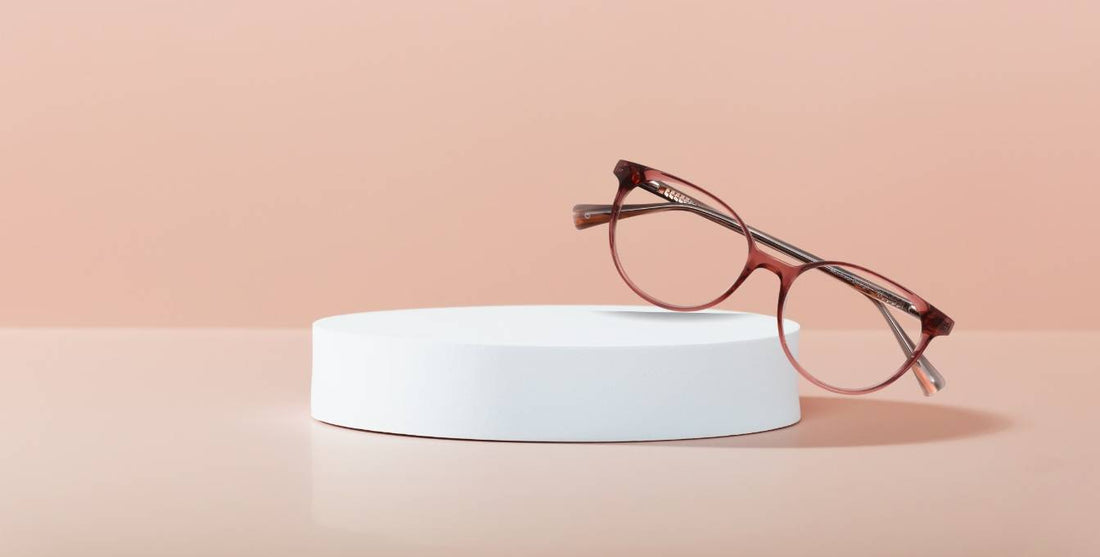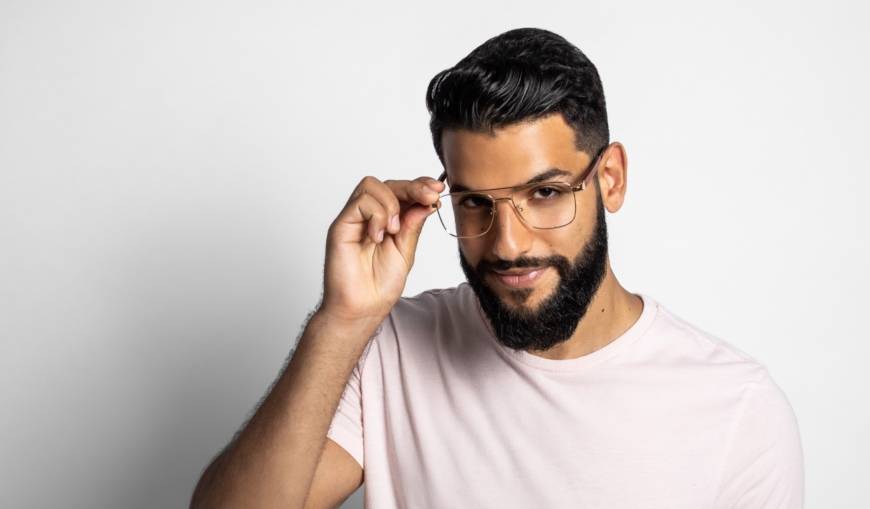
Clearing the Confusion: Does Wearing Glasses Improve Eyesight
Does Wearing Glasses Improve Eyesight
10 min read • Postead on 14 November 2023 • Chelsea B. from Kraywoods
Welcome to our latest blog post, "Clearing the Confusion: Does Wearing Glasses Improve Eyesight." This question has been top of mind for many individuals who are either new to glasses or have been wearing them for years. In an ocean of advice and information, it can be challenging to ascertain fact from fiction.
In this blog, we will be answering all questions that come to mind regarding the use of corrective glasses. Topics include the purpose of corrective glasses, how they address visual problems, whether wearing glasses enhances eyesight over time, their potential role in preventing or slowing down deterioration, and if there are any potential negative effects associated with prolonged use. Let's delve into these intriguing aspects of eyewear!
What is the Purpose of Wearing Corrective Lenses Glasses?
Are you curious about the purpose of wearing glasses? Well, let me tell you, it's not just about looking smart or channeling your inner Clark Kent. There's a whole lot more to it.
Firstly, the primary role of glasses is to correct refractive errors. Our eyes are like cameras. Sometimes, they don't focus light correctly, which make your vision worse. That's where glasses come in. They help bend that light just right so things look more transparent.
Secondly, glasses are like a shield, protecting those precious peepers from harmful stuff. Have you ever walked into a dust storm without your specs? Not fun, right? Glasses can guard against dust, wind, and even harmful UV rays.
Finally, let's remember the wonders of digital device protection. Do those blue-light-blocking glasses you see advertised everywhere? They're designed to reduce eye strain from screens. So, if you're a screen addict like me, these might be a good pick.
In essence, glasses are a tool for correction, protection, and sometimes, even prevention. So, they're not just a fashion statement; they're a vision superhero.
How Do Glasses Correct Vision Problems?
How do glasses work their magic to correct vision problems? Let's dive in.
Imagine your eye as a camera. For you to see clearly, the light entering your eye must focus precisely on the retina, the 'film' of the camera. However, sometimes, our eyes don't do this perfectly, causing blurry vision. This is what we call refractive errors.
Glasses swoop in to save the day by adjusting how light enters your eye. They have specially crafted lenses that bend or refract light in a certain way. This allows the light to focus directly onto your retina, correcting the refractive error and making the image transparent.
For instance, if you're nearsighted, your glasses will have concave contact lenses that spread out light before it enters your eye. Conversely, if you're farsighted, your glasses will have convex lenses that converge the light. Just like that, voila, The world looks sharp and clear again.
Glasses are like your eye's personal light director, guiding the light to the right spot for clear vision. Isn't that cool?
Does Wear Glasses Improve Eyesight Over Time?
Do wearing glasses improve eyesight over time? Well, let's get into it. Here's the thing: glasses are like superheroes for your eyes, swooping in to correct vision when you wear them. They adjust the light entering your eyes, helping the image focus right on your retina, and voila, everything looks clear as day.
But does that mean they're secretly training your eyes to see better independently, like some ocular personal trainer? That would be amazing, but alas, it's not the case. Glasses do their job impeccably when you have them on, but once you remove them, your vision reverts to its natural state.
So, glasses are a temporary solution, not a permanent fix. They improve your double vision while you're wearing them, but they don't make your eyesight better over time. Remember, though, they're still crucial in helping us navigate our visual world with ease. So, keep rocking those specs.
What Happens to Our Eyes When We Start Wearing Glasses?
Have you ever wondered what happens to your eyes when you put on those shiny new specs for the first time? Let's unravel this together.
When you first start wearing glasses, your eyes go, "Whoa, what's this?" You see, they're not used to this new way of seeing. Your brain needs a little time to adjust to the new normal. This is why you might experience a bit of discomfort or headache in the beginning. But don't worry, it's just your brain getting acquainted with the improved vision.
Now, let's talk about the main event, light refraction. This is where glasses work their magic. The lenses in your glasses bend light in a way that helps it focus directly on your retina. This corrects the refractive error, causing your blurry vision.
But here's the kicker: glasses do not change the physical structure of your eyes. They're like a band-aid, offering a fix when you wear corrective lenses, but your eyes revert to their natural state once you remove them.
In essence, when you start wearing glasses, your eyes enjoy a more straightforward, more focused world, but they remain unchanged. It's quite the optical illusion.
Can Glasses Prevent or Slow Down Vision Deterioration?
Can your specs slow down or prevent vision deterioration? Let's shine some light on this. First, it's crucial to understand that glasses primarily correct vision problems like nearsightedness, farsightedness, and astigmatism. They serve as a band-aid solution, providing clearer vision when you wear them. However, they only sometimes prevent the natural progression of these conditions.
Now, onto the million-dollar question: can glasses slow down vision deterioration? The answer is more complex than we'd like. While glasses don't directly slow down vision loss, they can help manage specific aspects. For instance, specialty prescription glasses may help reduce eye strain, slowing down the deterioration caused by factors like excessive screen time.
But here's the catch: not wearing glasses when needed may impede efforts to slow down myopic development. So, while glasses might not be the knight in shining armor preventing vision loss, they are essential in managing and maintaining our eyesight.
Remember, folks, regular eye check-ups are vital in catching and addressing vision issues early. Keep those peepers checked.
Do Glasses Affect Our Eyes Negatively in Any Way?
You're curious about whether glasses could be playing the villain in your eyesight saga. Fear not. Let's demystify this.
First things first, glasses are not the bad guys here. They're designed to correct vision problems like nearsightedness, farsightedness, and astigmatism, making your world look clearer and helping you efficiently navigate life.
Now, you might have heard rumors that glasses can weaken your eyes. However, rest assured, these are just myths. Glasses don't cause our eyesight to deteriorate. Wearing the correct glasses won't make your eyes worse than not wearing them at all.
But here's a crucial point: wearing the wrong glasses can be more detrimental to your vision. Incorrect prescriptions could lead to eye strain and discomfort. So, it's super important to ensure your glasses are just right for you.
In a nutshell, glasses, when used correctly, are not the villains of your eyesight story. They're more like the trusty sidekicks, always ready to help you see the world in high definition.
Why Does Vision Seem Worse After Removing Glasses?
Have you ever experienced a moment when you remove your glasses and the world suddenly turns into a Monet painting? Let's dive into why this happens.
When you wear glasses, they do the heavy lifting for your eyes. They bend light in a way that hits your retina just right, making blurry images sharp and clear. Your eyes get used to this VIP treatment.
Now, here's where the plot thickens. When you take off your glasses, your eyes have to go back to working on their own. And they could be more efficient at focusing light with their trusty sidekick. This sudden shift can make your vision seem worse than before you put on your glasses.
But don't fret, and your eyes aren't getting worse because of your glasses. It's just that the stark contrast between corrected and uncorrected vision makes it feel like your sight has deteriorated. So, your glasses aren't spoiling your eyes, and they're just really good at their job.
What Role Does Eye Health Play in Vision Improvement?
Have you ever wondered how your eye health ties into the big picture of vision improvement? Let's unravel this mystery together.
Imagine your eyes as a fancy, high-tech camera. Just as the camera's performance depends on the condition of its lens and sensor, your vision relies on the health of your eyes.
First up, let's talk about the cornea and lens. These guys bend light to create a clear image on your retina. If they're damaged or unhealthy, the image gets distorted, affecting your vision. So, maintaining their health is paramount for vision improvement.
Now, onto the retina, the screen where the magic happens. Any damage here can lead to severe vision problems like macular degeneration. Keeping it in top shape ensures you capture life's moments in high definition.
Finally, remember the optic nerve, your eye's communication highway. Its health is crucial for transmitting visual information to your brain. In a nutshell, eye health is the superstar of the vision improvement show. It's like a well-tuned instrument; take good care of it, and it'll play a beautiful symphony of clear sight.
Does Wearing Glasses Improve Eyesight? Final thoughts
We hope this blog post has helped clear up any confusion surrounding the topic "Does Wearing Glasses Improve Eyesight?" Understanding the impact of glasses on our vision is crucial in making informed decisions about our eye health. This post aimed to provide a comprehensive view, drawing from scientific research, expert opinions, and practical experiences.
Thank you for taking the time to read our post. We strive to provide insightful and helpful content related to eye health. Please visit our website for more details and to explore additional resources. We look forward to continuing this journey towards better understanding and maintaining our eyesight together.


